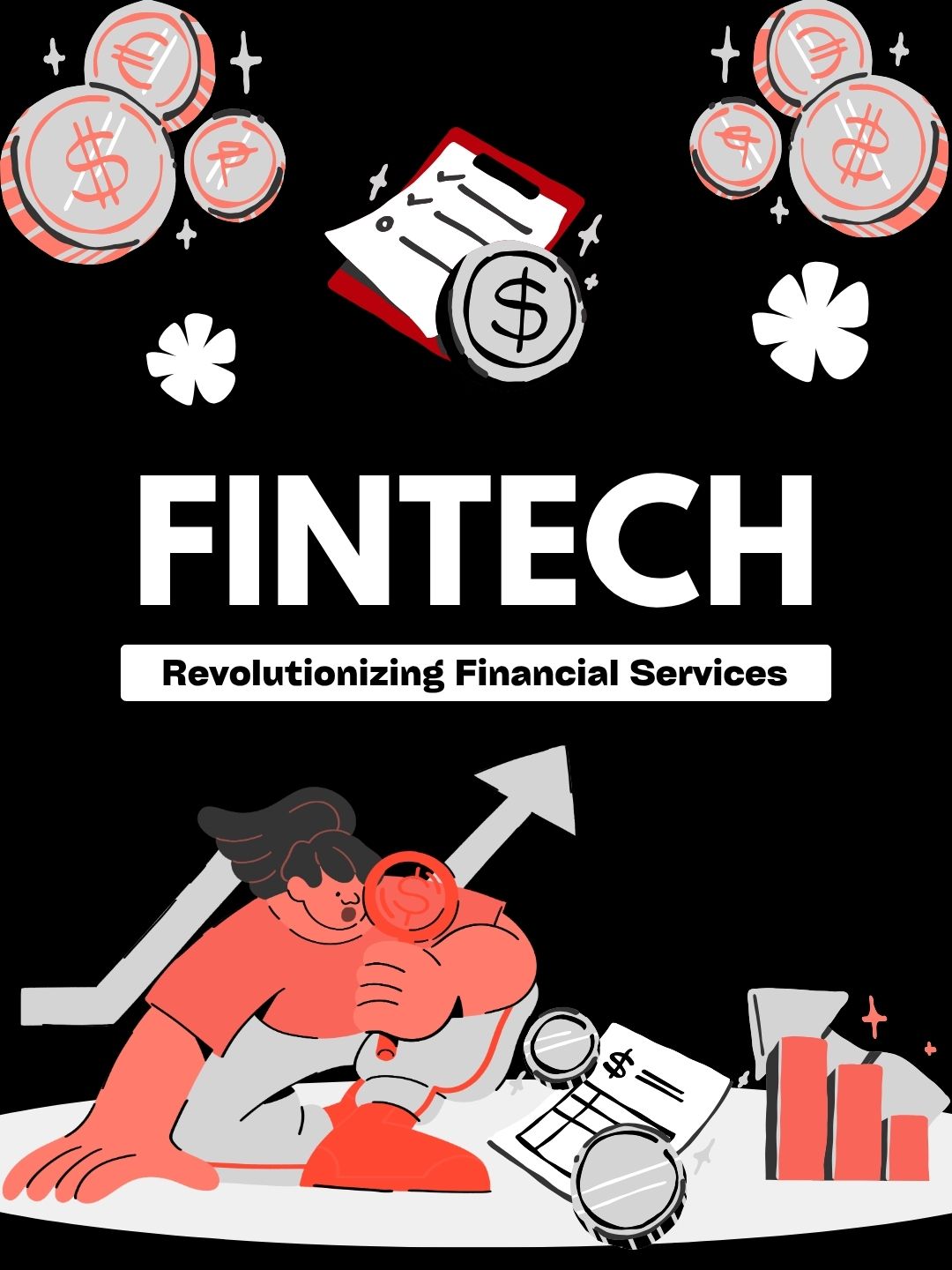
Key Trends Shaping Fintech
Mobile Payments & Digital Wallets
Mobile payment platforms and digital wallets have seen explosive growth. Services like M-PESA, Chipper Cash, and Flutterwave allow users to send and receive money, pay bills, and access loans via mobile devices. According to the GSMA, Africa had over 621 million registered mobile money accounts in 2023, highlighting fintech’s role in financial inclusion.
Neobanks and Challenger Banks
Digital-only banks, or neobanks, such as TymeBank (South Africa) and Kuda Bank (Nigeria), offer low-cost, accessible banking without traditional branch networks. Their app-first models attract young, tech-savvy consumers and unbanked populations, offering basic banking, savings, and sometimes credit.
Blockchain and Decentralized Finance (DeFi)
Blockchain is enabling DeFi applications, allowing peer-to-peer lending, remittances, and investment without intermediaries. Platforms like Yellow Card and VALR are introducing Africans to crypto-based financial products, while blockchain is also being tested for cross-border payments and asset tokenization.
AI-Powered Credit Scoring and Lending Tools
Many fintechs use alternative data and AI to assess creditworthiness, allowing those without formal credit histories to access loans. Tools like Tala, FairMoney, and Jumo analyse mobile usage, bill payments, and transaction patterns to create credit scores.
Implications for Financial Services
Democratizing Access to Finance
Fintech makes it possible for people previously excluded from the formal financial system to access savings, credit, and insurance. This democratization helps drive entrepreneurship, economic resilience, and financial literacy.
Increased Efficiency and Lower Costs
Digital processes reduce overhead and processing time. Transactions that once took days now happen in minutes, with lower fees, benefiting both consumers and small businesses.
Improved Customer Experience
Personalization powered by data analytics and AI allows fintech platforms to provide customized products, better UX, and 24/7 service, improving overall satisfaction and engagement.
Recent Developments in Fintech Across Africa
Regulatory Sandboxes and Fintech Licenses
Countries like Nigeria, Kenya, and South Africa are adopting regulatory sandboxes that allow fintech startups to test products under supervision. The South African Reserve Bank has also granted digital banking licenses to players like Bank Zero.
Cross-Border Payment Innovations
Solutions like PAPSS (Pan-African Payment and Settlement System) aim to simplify intra-African trade by enabling instant cross-border payments in local currencies. Startups like Chipper Cash also offer low-cost international remittances.
Surge in Investment
African fintechs attracted over $2 billion in funding in 2022, with increasing global interest in payment platforms, credit tech, and insurtech. Companies like Paystack and Wave have achieved unicorn status, signalling strong investor confidence.
Rise of Embedded Finance
Non-financial platforms—such as e-commerce or agri-tech apps—are embedding fintech services like credit and insurance directly into their offerings, increasing accessibility and driving ecosystem growth.
Frequently Asked Questions Regarding Fintech in Financial Services
- What is fintech and why does it matter? Fintech refers to the use of digital technologies to improve or automate financial services. It matters because it lowers costs, enhances accessibility, and fosters innovation across banking, insurance, lending, and investment.
Read more. - How is fintech helping unbanked populations in Africa? By leveraging mobile phones and alternative data, fintech enables access to banking, payments, loans, and insurance for millions without formal bank accounts. Mobile money services like M-PESA are key examples.
Read more. - Is fintech safe and regulated? Yes, but regulation varies by country. Most African countries are updating financial regulations and implementing sandboxes to ensure consumer protection while encouraging innovation.
Read more. - How do African fintech startups compete globally? By solving local problems with scalable, mobile-first solutions. African fintechs often leapfrog traditional infrastructure, making them competitive in other emerging markets with similar challenges.
Read more. - What are the risks associated with fintech adoption? Risks include data privacy issues, cyber threats, and financial exclusion if digital literacy is low. Strong regulation, user education, and ethical tech development are needed to mitigate these challenges.
Read more.
Conclusion: Fintech’s Role in Shaping the Future of Finance
Fintech is not just an industry trend—it’s a transformative force redefining how financial services operate. For Africa, this transformation is especially crucial, offering the tools to increase access, reduce inequality, and power inclusive growth. As more startups, regulators, and consumers embrace fintech, the continent stands on the brink of a financial revolution that’s both homegrown and globally significant.
What’s your take on fintech’s role in financial inclusion and innovation? Join the conversation and share your thoughts.


